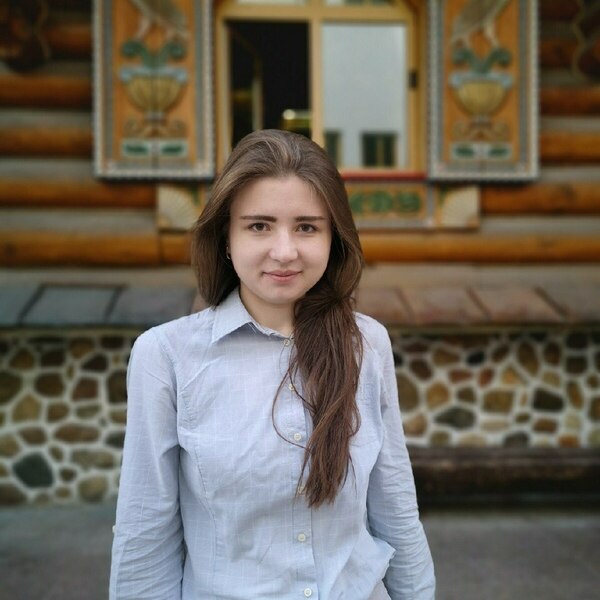April 8, 2025

Anna Sokol is a PhD student in the Department of Computer Science at the University of Notre Dame. She specializes in machine learning and data analysis. She holds an MA in Sociological Comparative Social Research from the renowned Higher School of Economics in Moscow. Anna’s research is mainly focused on creating computational methods that combine knowledge graphs and large language models (LLMs) to derive structured insights from complex textual and unstructured datasets. Anna applies these methods to ecological monitoring, the conservation of threatened species, and the analysis of historical archives and collective memory, including extensive studies of truth commission documents. Drawing from her interdisciplinary background, she integrates computational techniques with theoretical perspectives from data science and ethics. This approach allows her to identify meaningful patterns within data and support informed decision-making in environmental and social research contexts.
What or who inspired your research and its applications to society?
I have some inspiration from Marcus Aurelius’ stoic approach to analyzing problems without emotional bias, which offers valuable insights for designing AI decision-making systems—especially in high-stakes situations where impartiality and clarity are paramount. It reminds me to separate facts from interpretations when building models that analyze wildlife or historical archives. This principle has proven invaluable when designing systems that must deliver objective insights in contexts where emotional responses could easily cloud judgment or skew results.
What is the most valuable lesson you’ve learned about collaboration from working with people outside of your field?
My cross-disciplinary collaborations reveal something game-changing: even the most advanced tech is only as powerful as its real-world impact. Working with historians tracking lost narratives, ecologists saving endangered species, and ethicists shaping AI’s future has taught me that blending domain expertise with computational innovation creates research that truly moves the needle. In my own work integrating knowledge graphs and large language models to support wildlife conservation and social justice initiatives, I’ve experienced firsthand how meaningful insights emerge when technology meets purpose-driven research.
How has the Lucy Family Institute contributed to your development as a research scholar?
Working with the Lucy Family Institute has shaped my research approach by connecting computational advances with meaningful societal impact. The Institute’s emphasis on ethical innovation and interdisciplinary collaboration has helped transform how I approach complex challenges, ensuring our technical solutions directly serve human needs while upholding human dignity. Being in this unique environment has connected me with scholars across various fields, fundamentally changing how I view the responsibilities that come with developing new technologies.
To learn more about the Lucy Graduate Scholars program, please visit the webpage.